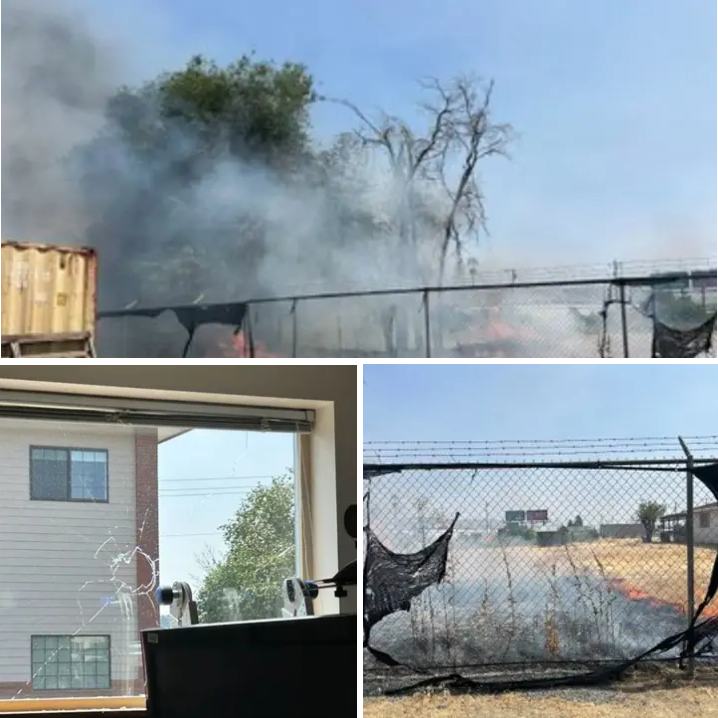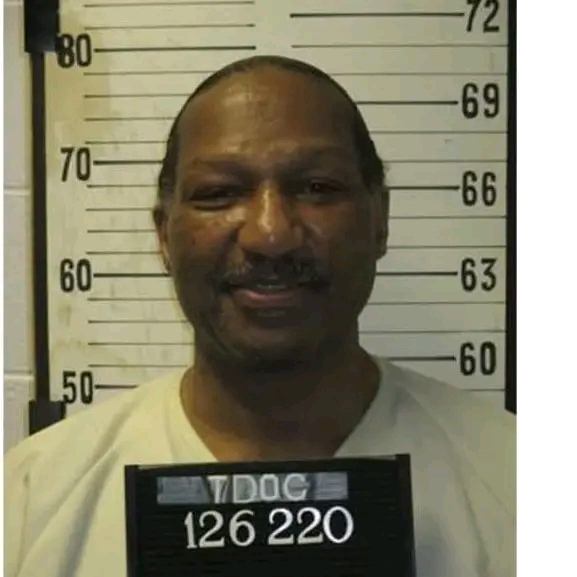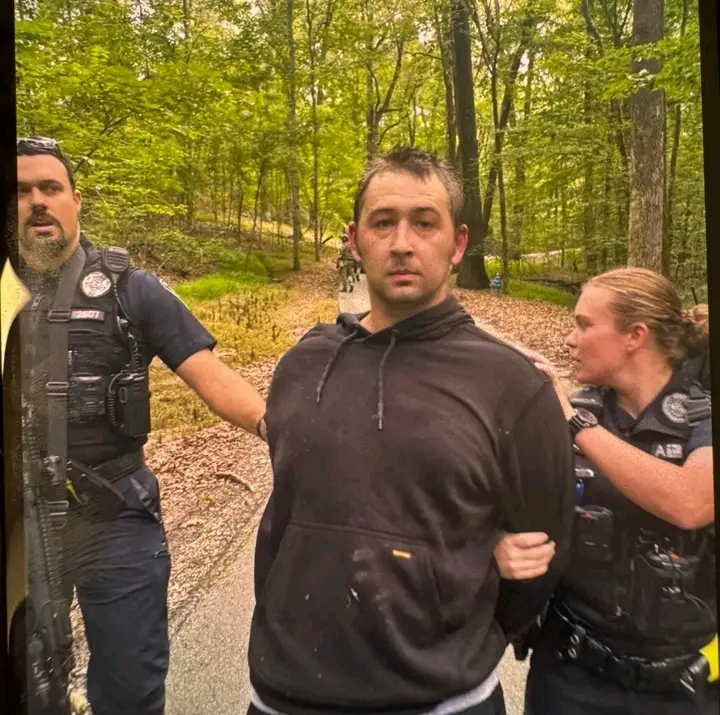Federal agents disrupted a sprawling criminal network in Colorado Springs last week after a multi-agency sting operation led to the arrest of more than 100 individuals at an illicit nightclub. According to the Drug Enforcement Administration (DEA), the covert venue had long operated as a hub for drug trafficking, prostitution, and violent crime, with authorities seizing firearms, narcotics, and cash during the raid. The operation, conducted in collaboration with local law enforcement, revealed a brazen disregard for legal boundaries, drawing patrons from across state lines and even implicating active-duty military personnel.
Investigators uncovered a grim tapestry of illegal activities within the club’s walls. Alongside the distribution of controlled substances like fentanyl and methamphetamine, the DEA reported evidence of sex work and assaults linked to the venue. Firearms recovered at the scene—including unregistered handguns and automatic weapons—highlighted the dangers posed to both patrons and the surrounding community. Authorities emphasized that the nightclub’s operators had deliberately evaded regulations, creating an environment where criminal enterprises thrived unchecked.
A shocking revelation emerged as the DEA confirmed that over a dozen active-duty U.S. military members were present during the raid, some allegedly working as armed security for the establishment. This discovery has raised serious concerns about misconduct within the ranks, prompting coordination between federal agencies and military officials to address potential disciplinary and security breaches. A DEA spokesperson noted the “alarming intersection of criminal networks and military personnel,” stressing the need for stricter oversight to prevent such alliances.
The sting also exposed ties to notorious organized crime groups, including members of Tren de Aragua, MS-13, and the Hells Angels motorcycle gang. These affiliations suggest the club served as a nexus for gang activity, enabling collaboration on drug distribution and other illicit ventures. The presence of such groups—known for transnational crime and violence—underscores the operation’s broader implications for regional safety. Law enforcement officials warned that similar underground venues could exist elsewhere, urging communities to report suspicious activity.
As the investigation continues, the fallout from the raid has reverberated beyond Colorado Springs. Local leaders have called for increased scrutiny of unlicensed businesses, while advocacy groups highlight the risks faced by vulnerable populations drawn into illegal environments. The DEA has pledged to pursue charges against all involved, signaling a renewed focus on dismantling criminal networks that exploit legal loopholes. For now, the shuttered nightclub stands as a stark reminder of the hidden dangers lurking in society’s shadows.



